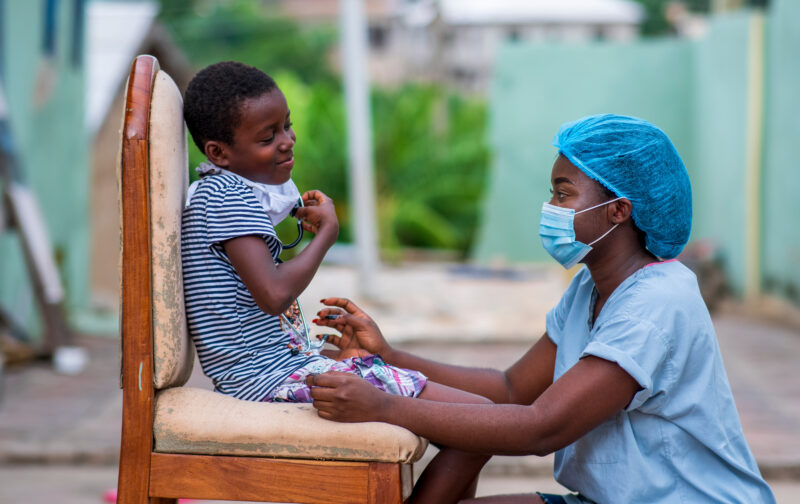Public health emergencies are on the rise. Climate change, protracted displacement, and other crises each play parts in the increasing intensity and frequency of health emergencies in the Eastern and Southern Africa Region (ESAR). As more and more people grapple with this new reality, public officials and emergency responders have a responsibility to ensure communities have access to information that can keep them safe.
Efforts to provide health messages to a large global audience at warp speed have been impressive in recent years, yet the specific needs of communities in low- and middle-income countries often get missed. As the information gap widens, people’s health is put at further risk.
This case study explores how health experts and journalists combine forces to combat misinformation and brings the ESAR Media Taskforce to life. Co-led by Internews and the Collective Service under the UNICEF and IFRC-led RCCE Technical Working Group in Eastern and Southern Africa, the Media Taskforce is providing journalists with the tools they need to report on health crises as they emerge.
